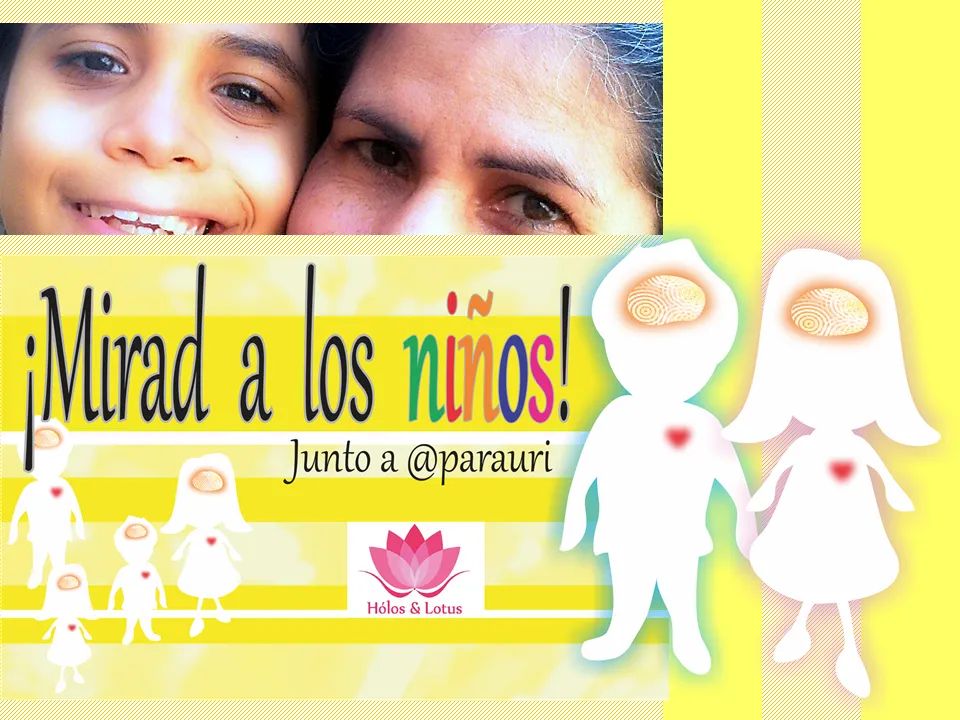
Hola amigos, de nuevo estoy por aquí y no saben con cuanta dificultad para activarme y publicar, pero como siempre digo, el peor intento es el que no se hace. Ya he visto mucho movimiento en nuestra querida Comunidad Holos Lotus, vestida bellamente con hermosas publicaciones de los amigos amantes del bienestar y el crecimiento personal que se han unido a la festividad a través de sus escritos por el segundo feliz aniversario de @holos-lotus. Como ven, es el turno de mi columna Mirad a los Niños y desde aquí me sumo también a la fiesta dedicando un tema de mucha importancia para los padres y adultos en general en pro del bienestar y sano desarrollo de los más pequeños en nuestro entorno, quienes necesitan de nuestras palabras llenas de sabiduría para que estas sean de provecho y no perjudiciales, por eso pongamos la lupa en esta edición porque muchas veces tendemos a emitir a los niños lo que sería un lenguaje de doble filo.
Responsabilidad sin compromiso
Este es un punto donde más de uno se va a sorprender y es que los padres, con toda buena intención, solemos hablarles a los niños usando un lenguaje inclusivo, especialmente cuando queremos que el niño haga algo. Específicamente me refiero a hablar usando la primera persona del plural "nosotros". Esto es una costumbre que hemos adoptado para estimular al niño a obedecer al estar muy pequeñito, pero es un lenguaje de doble filo. ¿Por qué? Pues porque esta es una forma de compartir responsabilidades y créanme que con los niños pequeños lo mejor es hacerlo lo menos posible para evitar que al final sean los padres los que asuman más responsabilidades de las que debieran.
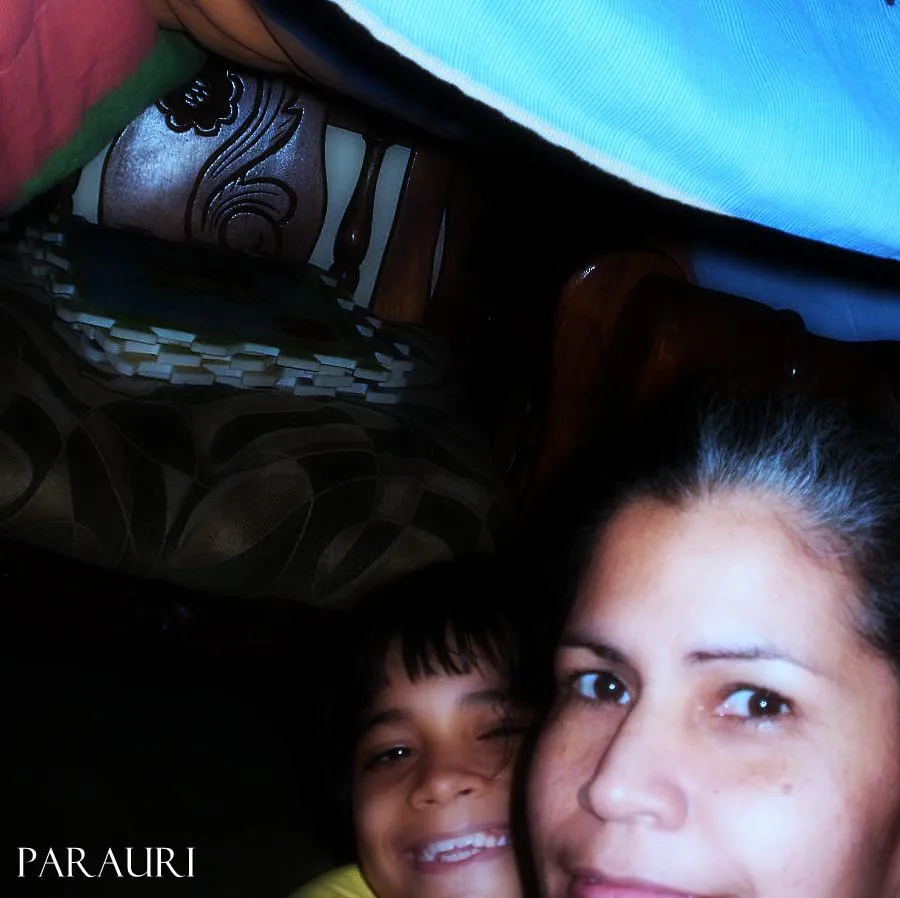
Claro que suena un poco extraño esto que les digo, pero soy madre de dos hijos y desde pequeños hay que cuidar de no caer en errores agazapados en acciones disfrazadas de supuesto amor que pueden ser perjudiciales para los hijos cuando lo que queremos es que logren ser adultos responsables e independientes. Por eso cuando el niño va aumentado en edad y nosotros insistimos en continuar hablándole de esa forma cada vez que tenga que mandarlo a hacer algo, como por ejemplo, "vamos a recoger y guardar los juguetes", en vez de estar enseñando al niño a tener responsabilidad de ordenar sus implementos de juego después de usarlos, le está enviando el mensaje de que la responsabilidad no es de él, sino que es de ambos y entonces el pensamiento que tiene el niño es que si él no recoge los juguetes usted lo hará.
Lo más adecuado es decirle a la niño de forma directa, “tienes que recoger y guardar los juguetes” porque así la responsabilidad recae directamente en el niño. Entonces querido padre, madre, docente y adulto en general que me lee, no comparta, innecesariamente, responsabilidades con el niño. Fíjense que digo innecesariamente, así que no confundan la gimnasia con la magnesia 🙃
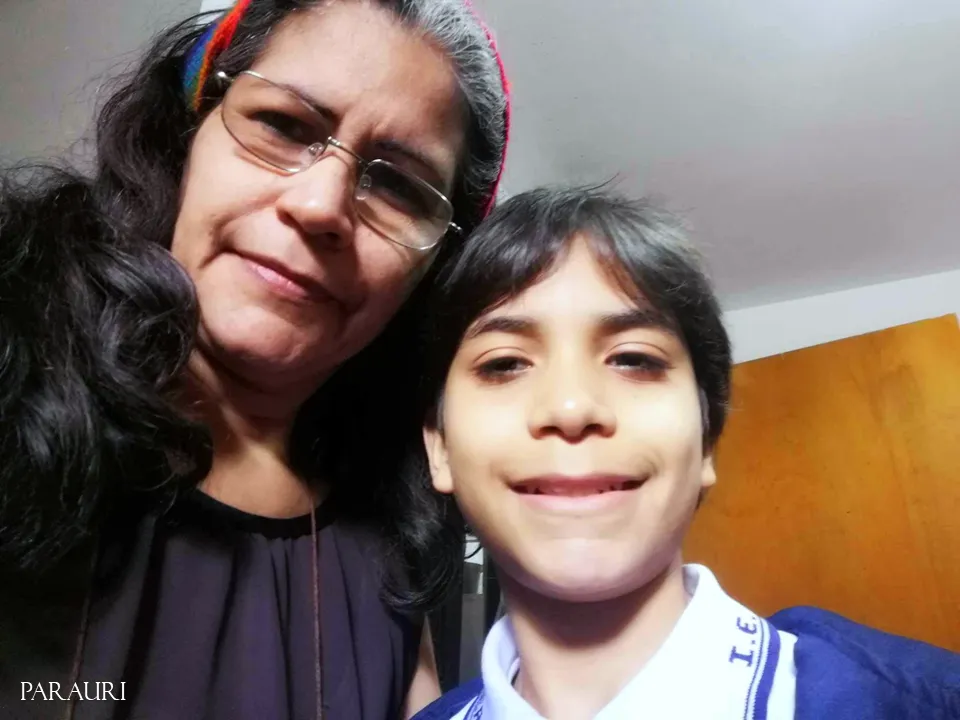
Comentarios acerca del niño en su presencia
Otra cosa, como padres nos cuesta evitar hacer comentarios delante del niño, ya sean positivos o negativos. Es que parece que es muy difícil recordar que fuimos también niños y hemos olvidado como nos sentíamos cuando oíamos a nuestros padres hablando de nosotros con otras personas. Ahora que somos adultos y padres recordemos que los niños son esponjas poderosas y debemos reconocer que lamentablemente, muchas veces surgen conversaciones y comentarios sobre el niño que se sostienen delante de él, como si el pequeño no estuviera presente o fuera invisible y sordo, porque pensamos que los niños son incapaces de entender el tema que están tratando los adultos.
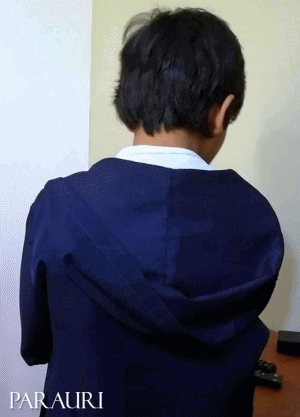
Lo que puedo recomendarles es que cuando estén con otras personas y también con el niño, no ignoren la presencia del niño en caso de que surja un comentario sobre él, pues lo mejor que se puede hacer es involucrarlo directamente para que el niño participe de la conversación y así no sienta que se está hablando de él a sus espaldas. Hagamos de nuestras palabras una caricia para la formación psicoemocional
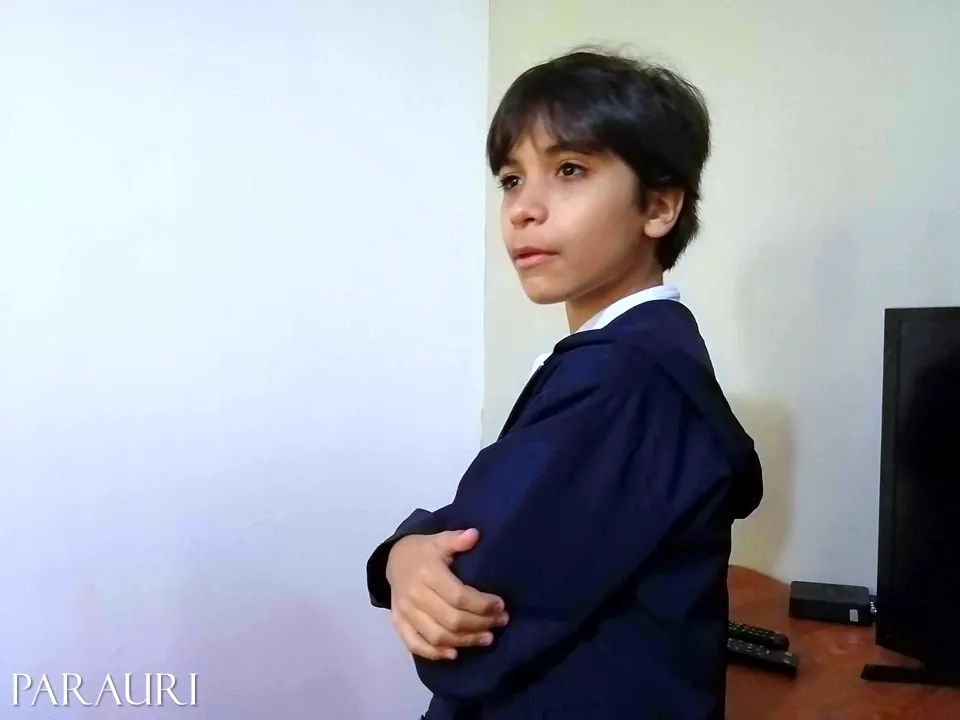
Para finalizar les digo como adulto que soy, como madre y sobre todo como niña que fui, que por favor eviten caer en estas situaciones donde un lenguaje muy inclusivo puede ser tan dañino como el exclusivo, siendo de doble filo tanto para nosotros como padre como para los propios hijos. Hagamos de nuestras palabras una caricia y no un arma en la formación psicoemocional y psicosocial de los niños.

Si se te hace difícil...

Crezcamos juntos mirando a los niños 👦👧
Recuerda tu infancia... 📌
Mi agradecimiento
Aprovecho para agradecer a quienes se han inspirado con el último tema de la edición pasada de "Mirad a los Niños", titulada: Dígalo y hágalo. También destaco que aunque no siempre puedo dejar comentarios si vi sus publicaciones, las valoré, les di reblog y las amé por ser muestra de su interés hacia el tema de la infancia, etapa muy importante y determinante para las demás en el desarrollo del ser humano.
Así que, gracias por su aporte a:
@sidalim88, @lecumberre y @lilianajimenez
¡Mirad a los niños!
Banner de la Columna diseñado por @parauri.
Fotos y todas las imágenes propias usando Corel e Ilustrator.

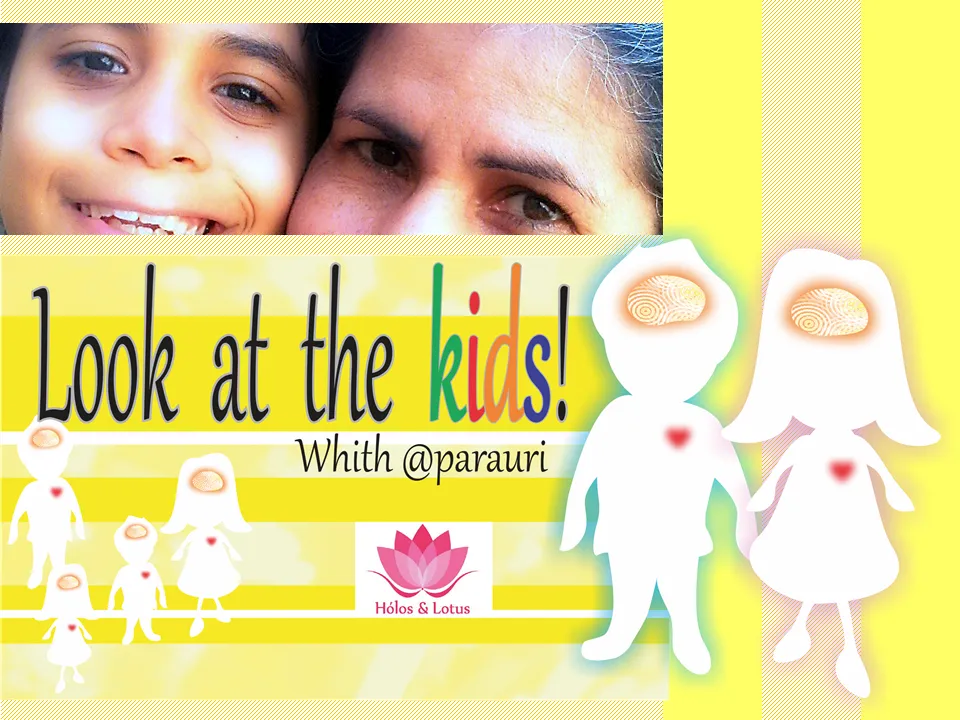
Hello friends, I'm here again and you don't know how hard it is to get active and post, but as I always say, the worst attempt is the one that is not made. I have already seen a lot of movement in our beloved Holos Lotus Community, dressed beautifully with beautiful posts from friends who love wellness and personal growth and have joined the festivity through their writings for the second happy anniversary of @holos-lotus. As you can see, it is the turn of my column Look at the Children and from here I also join the party dedicating a topic of great importance for parents and adults in general for the welfare and healthy development of the little ones in our environment, who need our words full of wisdom so that these are of benefit and not harmful, so let's put the magnifying glass on this issue because many times we tend to issue to children what would be a double-edged language.
Responsibility without compromise
This is a point where more than one is going to be surprised and is that parents, with all good intentions, we tend to talk to children using inclusive language, especially when we want the child to do something. Specifically, I am referring to speaking using the first person plural "we". This is a custom we have adopted to stimulate the child to obey when he/she is very small, but it is a double-edged language. Why? Well, because this is a way of sharing responsibilities and believe me, with small children it is best to do it as little as possible to avoid that in the end it is the parents who take on more responsibilities than they should.

Of course it sounds a little strange what I say, but I am a mother of two children and from an early age we must be careful not to fall into mistakes crouched in actions disguised as supposed love that can be harmful to children when what we want is that they become responsible and independent adults. That is why when the child is getting older and we insist on continuing to talk to him in that way every time we have to send him to do something, for example, "let's pick up and put away the toys", instead of teaching the child to be responsible for tidying up his play implements after using them, we are sending him the message that the responsibility is not his, but that it belongs to both of us and then the child thinks that if he does not pick up the toys you will do it.
The best thing to do is to tell the child directly, "you have to pick up and put away the toys" because then the responsibility falls directly on the child. So dear father, mother, teacher and adult in general who reads me, do not unnecessarily share responsibilities with the child. Notice that I say unnecessarily, so do not confuse gymnastics with magnesia 🙃

Comments about the child in your presence
Another thing, as parents we find it hard to avoid making comments in front of the child, whether positive or negative. It just seems that it is so hard to remember that we were children too and we have forgotten how we felt when we heard our parents talking about us to other people. Now that we are adults and parents let us remember that children are powerful sponges and we must recognize that unfortunately, many times conversations and comments about the child arise and are held in front of the child, as if the little one was not present or was invisible and deaf, because we think that children are incapable of understanding the subject that adults are dealing with.

What I can recommend is that when you are with other people and also with the child, do not ignore the presence of the child in case a comment about him comes up, because the best thing to do is to involve him directly so that the child participates in the conversation and thus does not feel that he is being talked about behind his back. Let's make our words a caress for psychoemotional formation.

To conclude I say to you as an adult that I am, as a mother and especially as a child that I was, please avoid falling into these situations where a very inclusive language can be as harmful as the exclusive one, being double-edged both for us as a parent and for the children themselves. Let's make our words a caress and not a weapon in the psychoemotional and psychosocial formation of children.

If you find it difficult...

Let's grow up together watching the children 👦👧
Remember your childhood... 📌
My thanks
I take this opportunity to thank those who have been inspired by the last theme of the last edition of "Look at the Kids", entitled: Say it and do it. I also emphasize that although I cannot always leave comments, I saw your publications, I valued them, I reblogged them and I loved them for showing your interest in the subject of childhood, a very important and determining stage for the others in the development of the human being.
So, thank you for your contribution to:
@sidalim88, @lecumberre and @lilianajimenez
Look at the kids!
Column banner designed by @parauri.
Photos and all own images using Corel and Illustrator.

C/Holos&Lotus

Únete al Telegram / Join Telegram
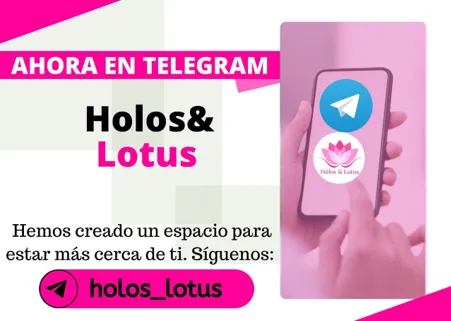

Publica desde la Dapp Ecency y participa en la iniciativa Palabras que inspiran.
He publishes from the Dapp Ecency and participates in the initiative Words that inspire.
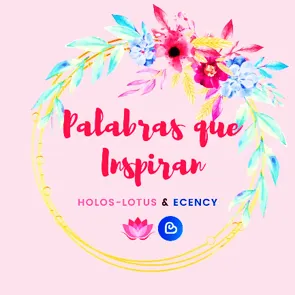
Síguenos en Twitter / Follow us on Twitter
Entra a nuestro servidor de Discord en este enlace / Log in to our Discord server at this link 👇


C/Womentribe

Conoce el Mundo Azul en HIVE
C/ MUNDO AUTISMO
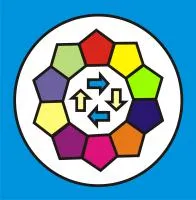
Twitter


